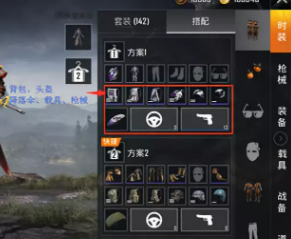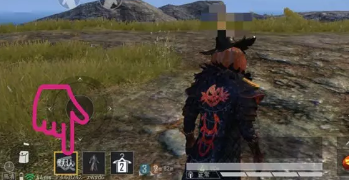the best digital currency exchange, Top
Two weeks after the ceasefire in Lebanon, Britain and Japan lowered their travel warnings to Israel. Two weeks after the ceasefire in Lebanon, Britain and Japan announced that they would lower their travel warnings to Israel respectively. Japan lowered its travel warning from level 3 to level 2. Britain followed suit and cancelled all travel warnings to Israel and the West Bank.Greek officials said that they would buy artillery systems from Israel, and two Greek officials said that Greece was in deep negotiations to buy 36 sets of PULS rocket launcher systems from Israel to promote the modernization of its armed forces, with a value of 600 million to 700 million euros.US stocks fell, with the S&P 500, Nasdaq and Dow Jones all down 0.1%.
Market information: According to satellite photo analysis and Ukrainian intelligence assessment, Russia seems to be withdrawing some troops from Syria after the sudden collapse of the Assad regime.Japanese yen moves towards the longest losing streak since June. Traders bet that the Bank of Japan will stay put and the yen will move towards the longest losing streak against the US dollar since June. Traders bet that the Bank of Japan will not raise interest rates next week. The yen continued to fall on Friday, falling 0.7% against the US dollar to 153.72 yen, the lowest level since November 26th. The yen has fallen for the fifth day in a row, and is heading for the worst weekly performance in more than two months. Earlier this week, it was reported that the Bank of Japan thought that it would not pay a huge price to wait until January or later, because there were signs that there was little risk that inflation might exceed the target. It is reported that officials are still open to taking action next week, depending on data and market trends.Japanese yen moves towards the longest losing streak since June. Traders bet that the Bank of Japan will stay put and the yen will move towards the longest losing streak against the US dollar since June. Traders bet that the Bank of Japan will not raise interest rates next week. The yen continued to fall on Friday, falling 0.7% against the US dollar to 153.72 yen, the lowest level since November 26th. The yen has fallen for the fifth day in a row, and is heading for the worst weekly performance in more than two months. Earlier this week, it was reported that the Bank of Japan thought that it would not pay a huge price to wait until January or later, because there were signs that there was little risk that inflation might exceed the target. It is reported that officials are still open to taking action next week, depending on data and market trends.
Russian Foreign Ministry spokesman: Kiev tried to use the resolution of the International Atomic Energy Agency on nuclear power plants to divert the world's attention from the attack on the employees of the agency.Funds continue to enter the market through the channel. The net subscription of stock ETFs exceeded 36.5 billion in the month. Since December, funds have continued to enter the market through stock ETFs (transactional open index funds). The data shows that as of December 13, the net subscription share of stock ETFs in the month reached 36.543 billion. From the perspective of specific capital flow, broad-based ETFs attract gold strongly, and many CSI A 500 ETFs and CSI 300ETF are actively subscribed by investors. In addition, dividend ETFs are also net subscribed by investors. (Securities Daily)German regulators investigate potential abuse of electricity price increases.
Strategy guide
Strategy guide
12-14
Strategy guide
Strategy guide
12-14
Strategy guide 12-14
Strategy guide
12-14
Strategy guide 12-14
Strategy guide
12-14


































